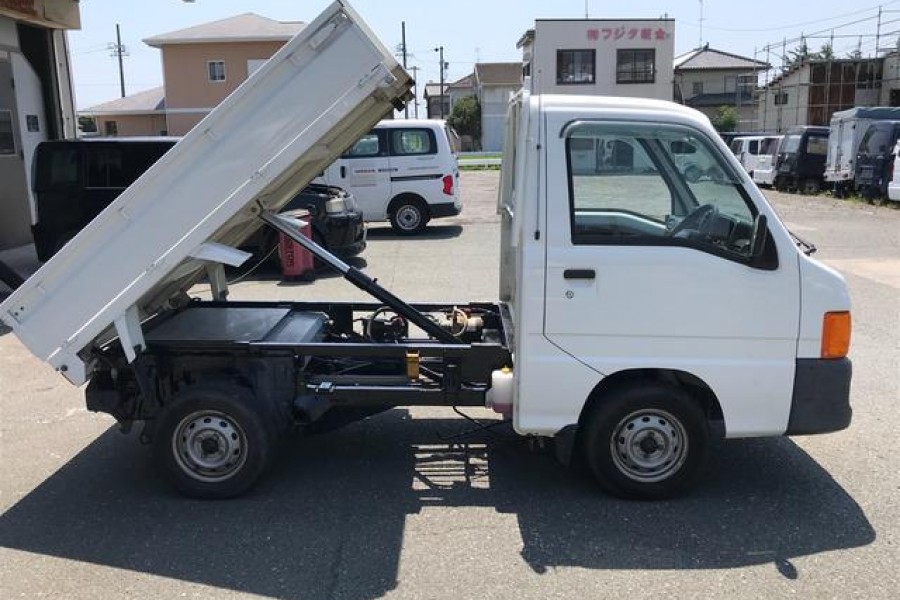The truck’s engine produces a lot of heat. The heat comes from the active combustion in the engine cylinders and friction from the engine’s moving parts. High temperatures are likely to destroy the engine parts. Engineers invented the cooling system to contain the temperature of trucks. In this guide, we will go through some of the pointers on how to know your truck is overheating and what to do when that happens.
How To Know Your Truck Is Overheating
Rise in temperature during summer, or when the cooling system is faulty, the ability of your truck to cool the engine effectively will go down. Here is how to know that your engine’s temperature rises above average.
When your Truck Struggles to Perform
An overheating engine will not effectively accelerate. The hot air in the engine expels the cold air. It is the cold air that gets into the cylinder, mixes with fuel, and facilitates the process of combustion. If the explosion is not actively taking place in the cylinders, you will realize that the truck does not respond whenever you accelerate.
Engine smells
When your engine is overheating, you will smell the heat. Three kinds of smells indicate that your engine is overheating.
Burning Plastic Smell – when you feel this smell, your engine’s plastic parts start to melt.
Sweet Car Smell – the coolant is made of an organic compound called ethylene glycol. When your engine is overheating, this compound burns, and you will feel a sweet smell.
Burning Oil Smell – The engine oil produces a sulfur-like smell when burning.
When Your Truck Produces Steam or Smoke
The radiator cools the engine. It has fluids composed of water, corrosion inhibitors, and antifreeze. The boiling points of these fluids are higher than the engine’s operating temperature. When the engine is overheating, its temperature will go beyond the boiling point of the fluids in the radiator. The state of the liquids will change, and they will start to evaporate. You will see steam or smoke escaping from your engine.
Clicking Sound
Engine oil does the role of lubricating and ensuring that the engine’s moving parts move smoothly. The engine’s moving parts will produce a clicking sound because they will lack oil to keep them smooth as they rub against each other. If your engine overheats, the engine oil wears out and becomes inefficient in lubrication.
Temperature Check Light Appearing on the Dashboard
When your engine is overheating, your dashboard will notify you by lighting a thermometer seated on waves. The thermometer on waves indicates that the radiator fluids’ temperature is going up due to an overheating engine.
The Temperature Gauge
The temperature gauge does not give you the temperature of the surrounding. Instead, it tells you the actual temperature of your engine. As your engine’s temperature rises, you will see it on the temperature gauge. The gauge has a red area. If it reaches the red zone, your engine is scorching and can be damaged anytime.
Conclusion
Overheating engines can lead to severe repairs, such as an expensive overhaul that takes time to fix. Sometimes, it can force you to change the entire engine. It is necessary to take precautions and stay alert when your engine starts to overheat.

